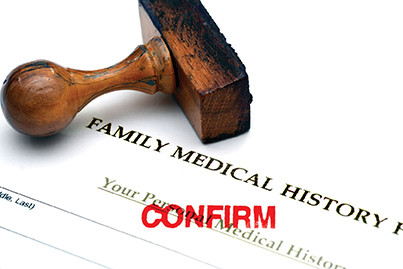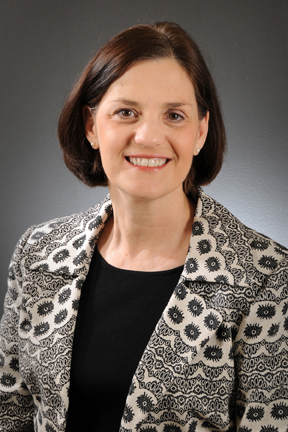A Different Kind of Gift
Posted on December 1, 2015 by bob in In Every Life
We think of gift-giving at this holiday time. What are some of the most memorable gifts that you have received? What made those gifts memorable? Was it the thoughtfulness of the giver or the anticipation of how you would use the gift? Repeatedly in healthcare, I observe people who treasure the gifts received from family or friends that did NOT come from a store.
When reflecting on their life, often people desire to leave a legacy for family or friends. Sometimes this is a financial inheritance, but often the legacy is treasured family recipes, photos or videos, a heritage of community or faith-based service, connections with people, or a special skill set.
Another type of legacy that you may consider is a record of your family history. Who were the people in your family? During what historical periods did they live? Consider the impact of contributions from the greatest generation during the early and mid-1900s. Those who lived in other decades faced challenges of those times. Relating your memories of family members situated in the time in which they lived can provide examples of coping with challenges. Focusing on challenges experienced by different family members, how they coped (or not), and any resultant effects can provide examples for younger generations.
Including health concerns that were experienced and cause of death (if known) provides information that can be used to identify potential genetically linked risks. It can be fascinating to compare treatment and outcomes from past decades with advances that have been made. For example, in the previous century common causes of death included tuberculosis or polio, both of which have been reduced because of the development of specific medications or vaccinations. However, without appropriate use of the medications, there is risk of recurrence or drug-resistance. Additionally, knowing family history can guide decisions regarding genetic testing for potential disease development. Recalling family members’ experiences can also prompt family or friends to possibly make a New Year’s resolution to seek health assessment or screening for issues they may not have previously considered.
Developmental theorists actually have identified that during middle and older age, people have a strong desire to pass on lessons learned to contribute to the next generation. This year, consider contributing to your family’s health information by giving a family health history. Information can be shared verbally or in writing. If you desire to use a form, “My Family Health Portrait,” is an online tool from the U. S. Surgeon General for collecting family health histories. See https://familyhistory.hhs.gov/FHH/html/index.html.

Arlene Morris
Arlene H. Morris, EdD, RN, CNE, is Professor of Nursing, Auburn Montgomery School of Nursing, and a past president of the Ala. State Nurses Association. Reach her at amorris@aum.edu.









